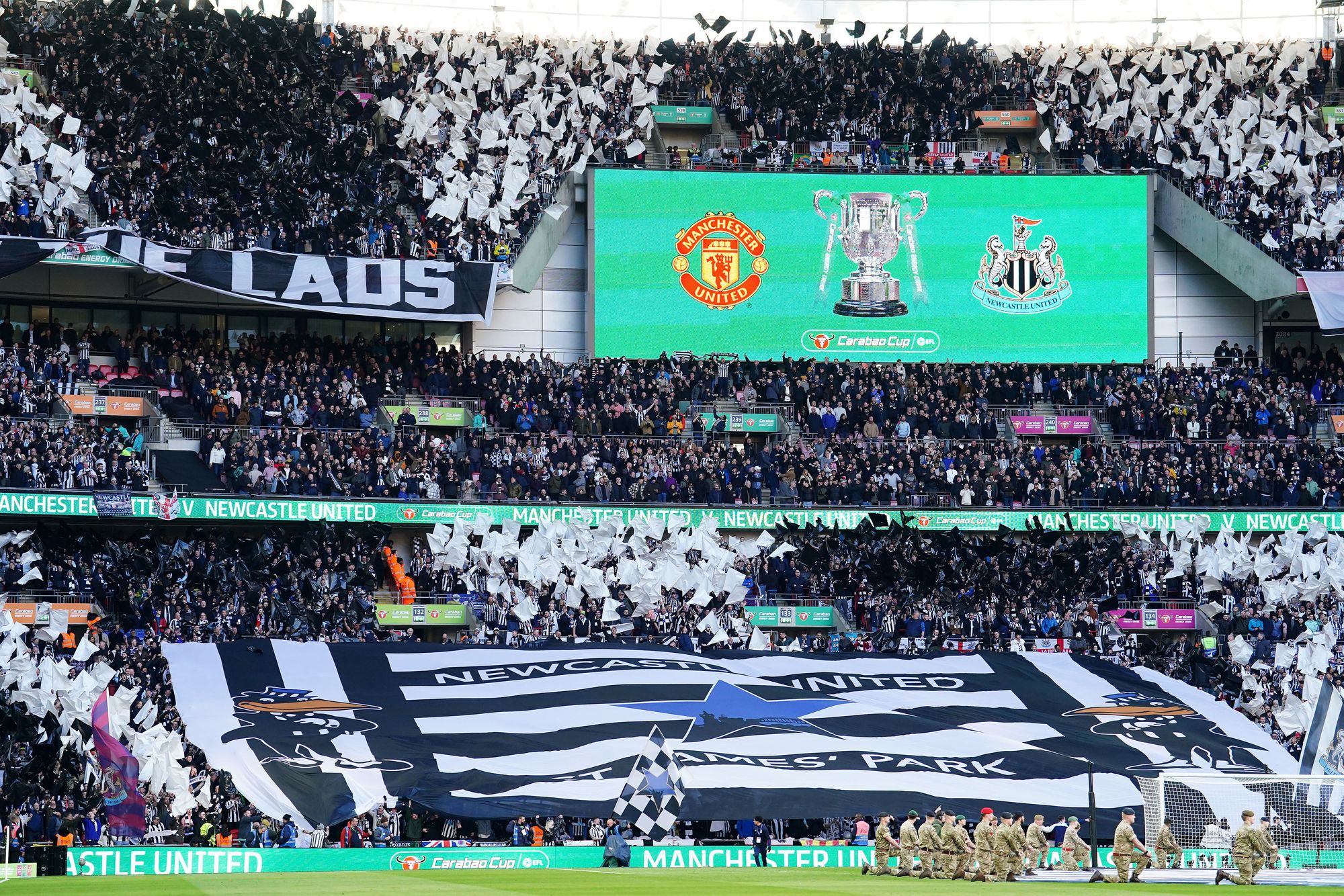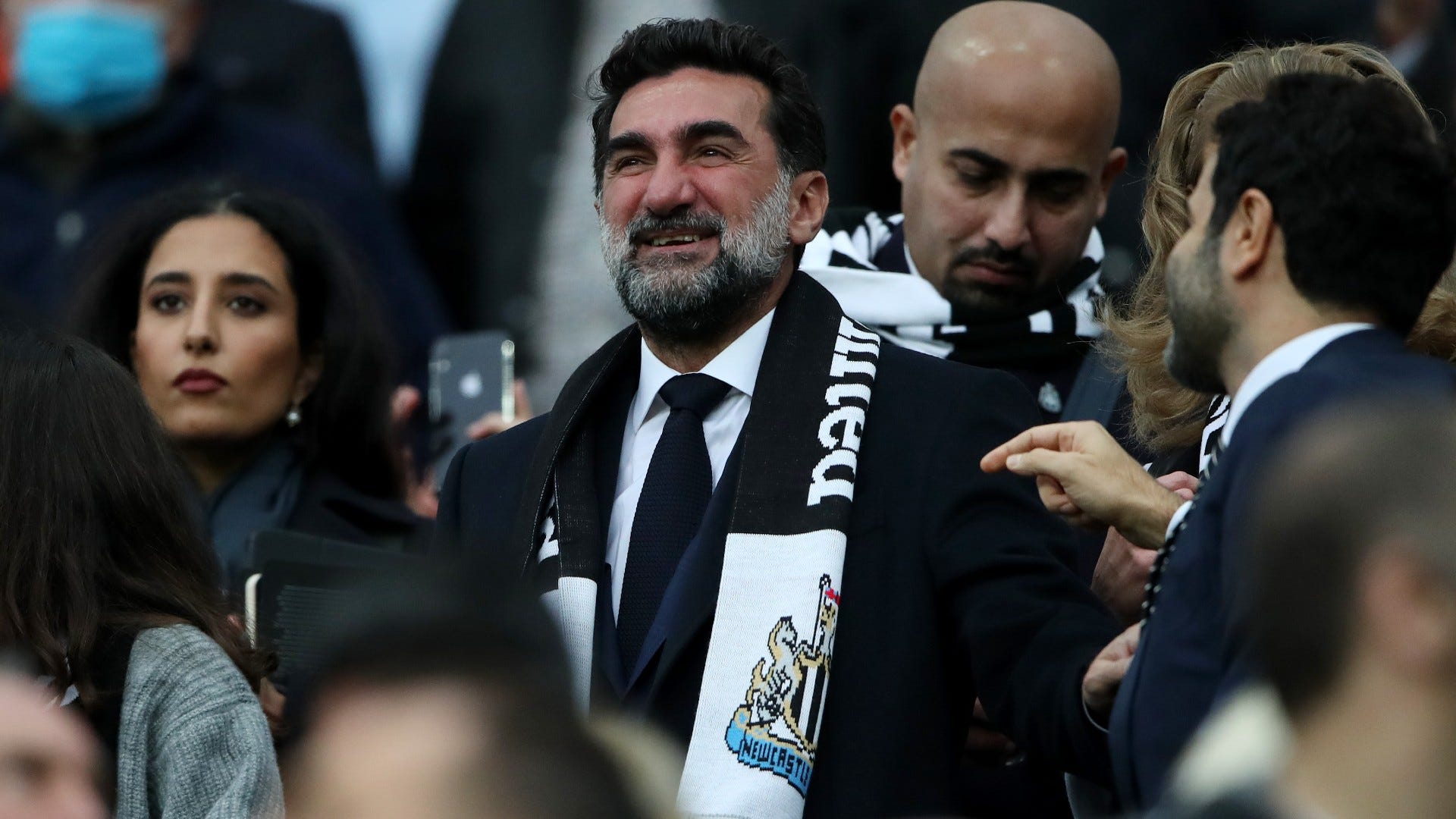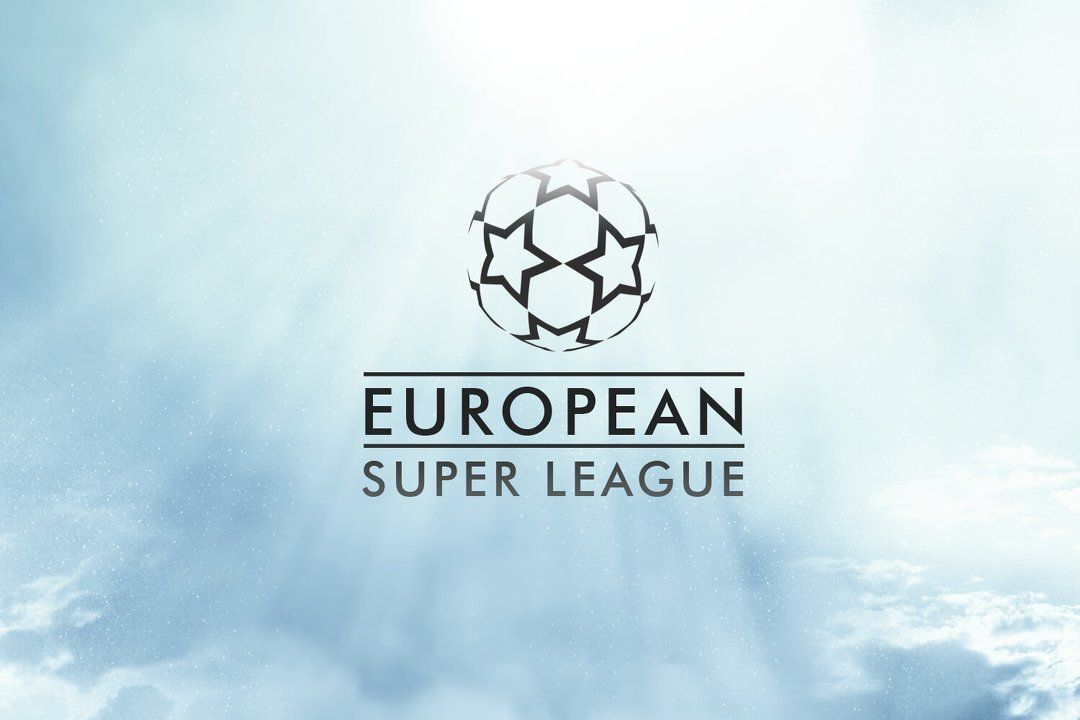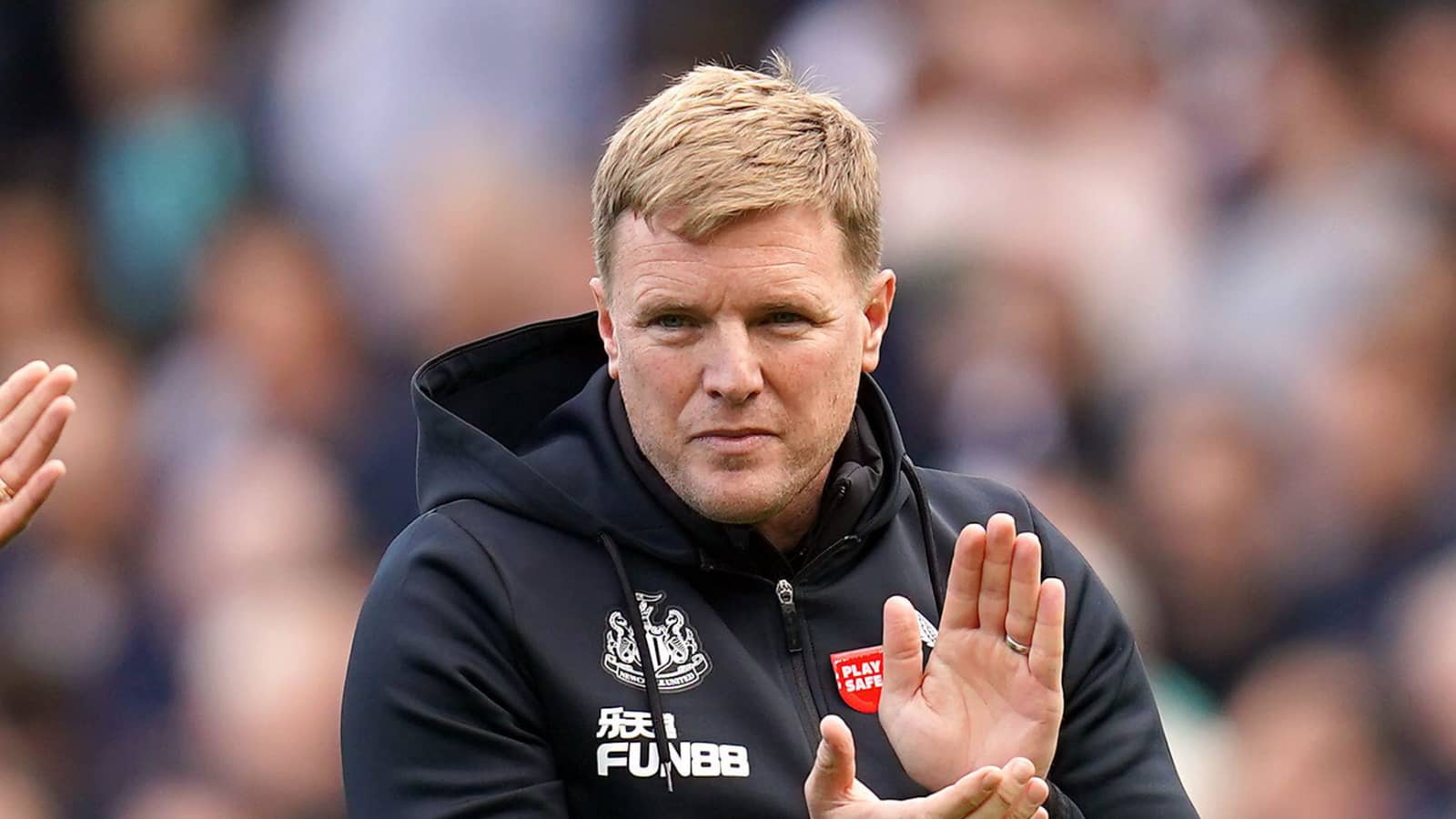Newcastle United are here to stay

It was a familiar sight as Newcastle United departed Wembley having lost 2-0 to Manchester United in the Carabao Cup Final - as familiar as a cup final loss can be for a club that made their last Wembley appearance at the end of the last millenium.
Newcastle lost 2-0 against Manchester United that day, as the Red Devils went on to complete a famous treble. It would be their last appearance at the hallowed venue for over twenty years.
As much as the result gave a sense of deja vu, Newcastle United are a very different football club to the one that faced Sir Alex Ferguson's famous side. The intervening years have seen the club fall into the second tier of English football twice under the disastrous stewardship of Mike Ashley. While other clubs managed to invest in players and infrastructure and grow their commercial revenue almost beyond recognition during the Mike Ashley era, Newcastle United were almost unchanged in October 2021 when the Public Investment Fund of Saudi Arabia (PIF) completed their takeover of the club.

It was widely accepted at the time that success would not be instantaneous. Despite ostensibly becoming the richest football club in the world, the football governance landscape has changed immeasurably since Manchester City were bought by Abu Dhabi in 2008. Concepts such as Financial Fair Play (FFP) have entered everyday football parlance, and stringent checks have been brought in.
These checks and restrictions purportedly exist to ensure the integrity of the game. In reality, the protection they offer the game's integrity is minimal. Rather, they are designed to protect the status quo in the Premier League. They make it incredibly difficult for new and ambitious owners to upset the traditional so-called "Big 6" (or in other words Manchester United, Liverpool, Chelsea, Arsenal, Manchester City and Tottenham). These clubs can continue to spend as they please, exploiting loopholes masterfully to ensure their spending power is not hampered.
Clubs like Newcastle United, or any club with newfound wealth, must embark on a journey to ramp up their commercial income to be able to spend more on players, both transfer fees and wages. Since commercial income is usually a byproduct of success on the pitch, and success on the pitch is often a reflection of money spent, the fact that money cannot be spent until commercial income is generated is something of a catch-22.
It is true that the rules that exist would serve to protect a club from a reckless owner who wished to spend beyond their means. But in contrast they do absolutely nothing to protect a club from a disinterested owner, absent at the helm. The Premier League had no problems whatsoever when Mike Ashley's choices to sell their star assets and replace them with cut-price alternatives led to two relegations. Football's integrity was supposedly unsullied by a club that had consistently reached European football for a ten-year spell ended up in the division below through neglectful management.
It seems very convenient, therefore, that football's integrity is only jeopardised by a club's success, and not by its failure. Only one of those scenarios would hamper the ambitious of the Big 6 by depriving them of their "rightful" place at the top of the football pyramid.
Likewise, the human rights concerned that have (rightly) surrounded Newcastle United's acquisition are conspicuous in their absence elsewhere.
No mention was raised when Manchester United's Cristiano Ronaldo launched a new career for Saudi club Al-Nassr.
There are no Amnesty International statements on the front page over Qatar's potential takeover of Manchester United, despite multiple accusations of human rights violations there.
Even the mood when Russia's Putin-linked oligarch Roman Abramovich was forced to sell Chelsea in the aftermath of the outbreak of the Ukraine-Russia conflict was almost apologetic. The Department of Culture, Media and Sport (DCMS) which oversaw the sale even explored using a holding company of Abramovich's choosing to help facilitate the sale to new American ownership, despite the UK Government insisting proceeds of the sale be used to assist victims of the war in the Ukraine. ESPN proposed that whilst Abramovich may well be "a Putin acolyte whose money corrupted English football", he also could be seen as an "aspirational benefactor enabling one set of supporters to live out their dreams within the rules of the day".
Shady money is, it seems, only a problem when one of the "lesser" teams gets it.
If this all sounds like embittered complaining, I offer up the European Super League as proof of concept. Announced in April 2021 to widespread opposition, it proposed that twelve teams from across Europe would compete in a new European Super League from which relegation was impossible. It would be a closed shop. Its motto was unveiled as "The best clubs. The best players. Every week."

The English teams involved were Arsenal, Chelsea, Liverpool, Manchester City, Manchester United and Tottenham Hotspur. The latter's inclusion was particularly perplexing, as Tottenham Hotspur had not won a league title since 1961, no FA Cup since 1991, and had one League Cup victory to their name this century.
Joining the six English teams would be another six from Europe: three Italian clubs (Juventus, Inter Milan, and AC Milan) and three Spanish clubs (Atletico Madrid, Barcelona and Real Madrid.)
The very fact that discussions around such a league were had, never mind it being announced, confirmed many suspicions. The Premier League's "Big Six" were looking to solidify their incomes, stature and supposedly "rightful place". The rest of the teams in their respective domestic leagues could simply get stuffed.
Fan backlash was so swift and so vehement that the project quickly fell apart. The whole sordid affair is widely documented so I won't get into it here. At time of writing, attempts are still ongoing to resurrect the Super League in some format.
Despite these hurdles, within 18 months of being taken over, Newcastle United reached their first major cup final in over twenty years. They have been transformed from a team who either flirt, or fully get into bed, with relegation every season to a club that currently sits in the Premier League's top six.
The sense of panic amongst the traditional "big clubs" is palpable, with Chelsea throwing £600 million at new players to strengthen their bid for European football. Both Chelsea and Newcastle could spend that much money thanks to rich owners. Chelsea are permitted to spend that money. Newcastle United are not.
Despite this investment, Newcastle are currently positioned five league places above Chelsea with ten more points. Spending money is not a guaranteed measure of success, and Newcastle's manager Eddie Howe is demonstrating that a good work ethic, club culture and ambitious ethos can allow you to compete - to a point. When Manchester United defeated them at Wembley, their squad depth and options from the bench put Newcastle to shame.

That in itself is not surprising, even if Newcastle were allowed to spend what they wanted. The Mike Ashley-era was synonymous with signing average or relatively unknown players on long-term contracts to ensure they had good sell-on value. The problem is that Newcastle sold their high-value assets (Wijnaldum, Mitrovic, Sissoko) after their last relegation, but generally couldn't shift others. Whilst none of Newcastle's starting eleven at Wembley played in the Championship, Jamaal Lascelles and Matt Ritchie were both on the bench. Javier Maquillo and Jacob Murphy were both summer signings after promotion in 2017. Fellow players from that 2016-17 season Jonjo Shelvey and Karl Darlow only left the club a few weeks ago, with Dwight Gayle, Ciaran Clark and Isaac Hayden only leaving the club last summer. Clearing the squad of players that won the second division six years ago should've happened long before now, but it is a job that's taking time to complete.
Once done, however, if Newcastle can continue to build upon the higher standards set, their rise will be inexorable. Fresh, talented players to complement a new era of star players such as Bruno Guimaraes, Sven Botman and Alexander Isak will arrive. European qualification will be achieved, if not this season then one of the next couple. Simply appearing at Wembley will no longer be the stuff of legend, they will be much more commonplace.
Despite the in-built obstacles ahead of them, the drawbridge has not been fully raised on new competing clubs. Newcastle United are going to ruffle some feathers along the way, but be in no doubt, they are here to stay.

